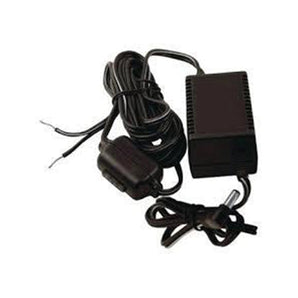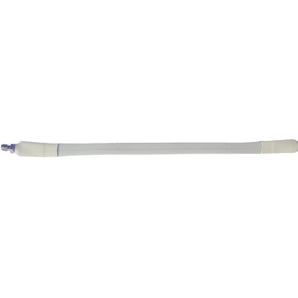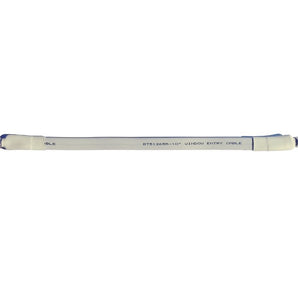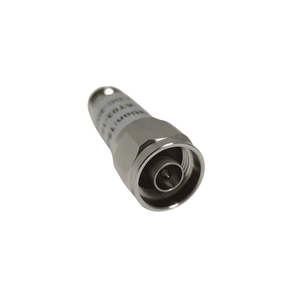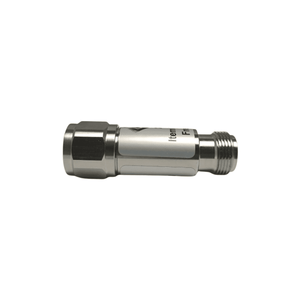With magnificent views, great food, and a vibrant cityscape, Cape Town is one of the most breathtaking places in the world. Its high contrast between mountains and sea creates a beautiful paradise that holds iconic sites like Table Mountain and picturesque towns nestled in its valleys. From vineyards to corporate businesses, the city boasts a growing economy with increasing opportunities. But does the contrasting landscape affect cellular signals, and what can be done to improve it?

Mountainous Terrain
Cape Town’s mountainous regions provide stunning landscapes but pose significant challenges for signal reception. The rugged terrain can obstruct signals, resulting in weak or no connectivity. Towns like Fish Hoek and Camps Bay, situated at the base of these mountains, often struggle with poor signal reception. Similarly, areas with dense forests, such as Hout Bay and Constantia, may experience distorted signals due to tree interference. Depending on your outdoor signal strength and the size of your home, the WilsonPro A500 Kit can help amplify weak signals indoors. For very weak signals and larger spaces, the more powerful WilsonPro A1000 Kit is recommended for achieving optimal indoor cellular reception.

Agricultural Terrain

Coastal Terrain
The coastal regions of Cape Town are famous for their stunning views and peaceful surroundings. However, these areas often experience poor signal reception due to the natural landscape and the distance from cell towers. Whether you're fishing or exploring the coastline, the V&A Waterfront offers numerous marine activities and adventures, but staying connected on the water can be challenging. Bolton Technical will soon offer a variety of marine antennas that work with our signal boosters. These antennas are designed to withstand harsh weather conditions and sea spray, ensuring reliable connectivity.
Remote Terrain
Extreme Weather
Cape Town has its fair share of unpredictable and extreme weather.
It may be surprising, but weather can affect your cell phone signal. For instance, lightning can cause electrical interference with cell signals during a thunderstorm. Rainstorms, with their dense water vapor, can have the greatest effect on cell reception. The heavier the rain, the more likely it is to negatively affect your reception. Atmospheric water vapor can also reduce your cell reception by absorbing energy from radio waves. Wind itself should not affect your cell signal, but high winds associated with other weather conditions can cause service issues. High winds can also damage cell network equipment and power lines, impacting local cellular service.
Our Cape Town Branch
Cape Town’s urban areas are vibrant and densely populated, with towering buildings and bustling streets. While this creates an exciting environment, it often results in signal interference and dead zones. Our Cape Town office, located in the bustling Quays Office Park in Century City, is perfectly positioned to cater to the needs of city dwellers. Our state-of-the-art offices, situated in the heart of Century City, house a skilled and dedicated team equipped to provide exceptional technical support to both individuals and businesses in the region.
Recommended Antenna's for Cape Town
Cape Town is known for its gale-force winds, which can be a serious problem for some antennas. At Bolton Technical, we offer a wide variety of antennas designed to withstand strong winds.
The Arrow LPDA – High Gain Directional Antenna
The Arrow provides nearly double the power and range of a typical Yagi antenna and can withstand all types of weather.
The Long Ranger – Ultra High Gain Parabolic Antenna
The Long Rangers parabolic design allows for strong winds and heavy rain to pass right through without affecting your signal.
- Antenna Range 16km+ for Usable Signal
- Up to +28dB Gain
- Reliable, Durable, Weatherproof Construction
- N-Female Connection for any 50 Ohm System
- The 5G Compatible Antenna You've Been Looking For
- Covers All SA Networks and WiFi Bandwidths







